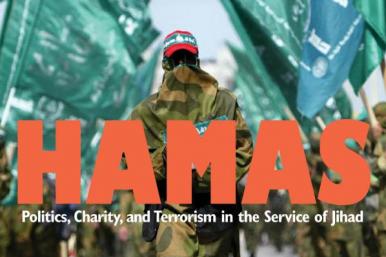
Never miss a breaking event on U.S. policy interests in the Middle East. Customize your subscription to our expert analysis, op-eds, live events, and special reports.
The Washington Institute's Jeanette and Eli Reinhard Program on Counterterrorism and Intelligence serves as Washington's premier center for the study of international terrorism.
Never miss a breaking event on U.S. policy interests in the Middle East. Customize your subscription to our expert analysis, op-eds, live events, and special reports.